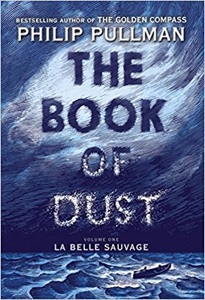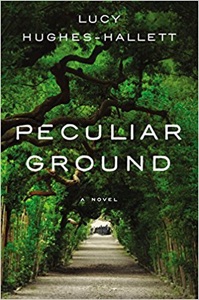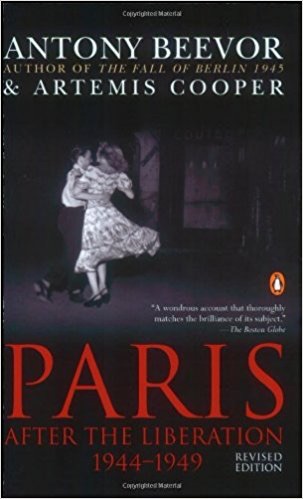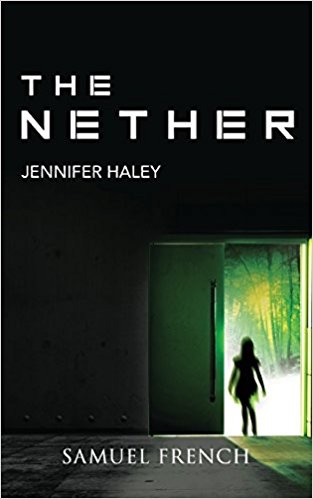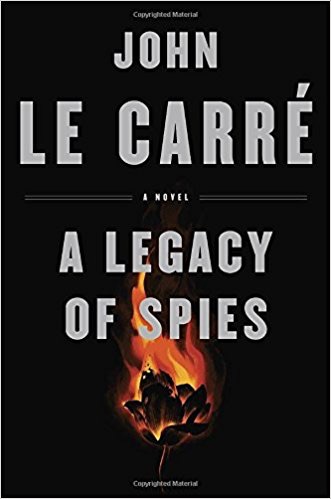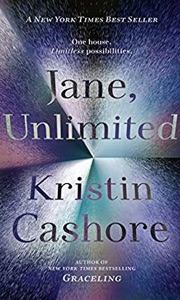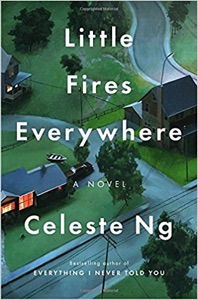This vast and lavish two-volume set seeks to locate every building in Ancient Rome for which we have good evidence, from Rome’s origins to the collapse of the ancient world. This is an attempt to rebuild the Marble Plan of Rome, allowing additionally for a temporal dimension. It’s a gorgeous pair of books, and though costly, these volumes are a pinnacle of modern bookmaking.
What’s often missing here is the question of uncertainty, of what we might not know and exactly how we know what we do. Mary Beard writes in TLS:
Here there are thousands of things which are reliable and useful, and many hundreds that are tendentious and contentious – and even experts will sometimes be challenged to tell them apart.
Despite the lavish printing and exquisite production, the translation of the essays from their original Italian strikes me as very indifferent.
December 23, 2017 (permalink)

